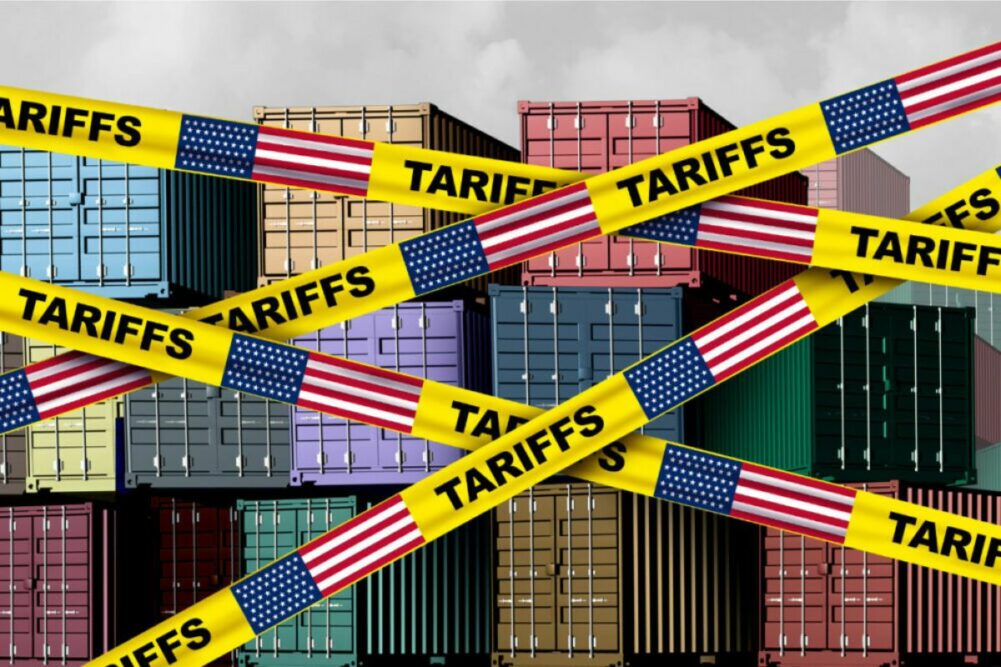
Huang Yiping, PKU Boya Distinguished Professor and Former Member of the Monetary Policy Committee, People’s Bank of China
Apr 14, 2025
US President Donald Trump’s “Liberation Day” announcement of sweeping new tariffs on imports from more than 180 countries will be remembered as a man-made economic tsunami. Many are already comparing it to President Herbert Hoover’s 1930 Smoot-Hawley Tariff Act, which slashed global trade by 66% in five years and deepened the Great Depression. Trump’s tariffs – most of which have been abruptly paused for 90 days – have rattled financial markets, prompting analysts to warn that the United States could enter a recession in 2025.
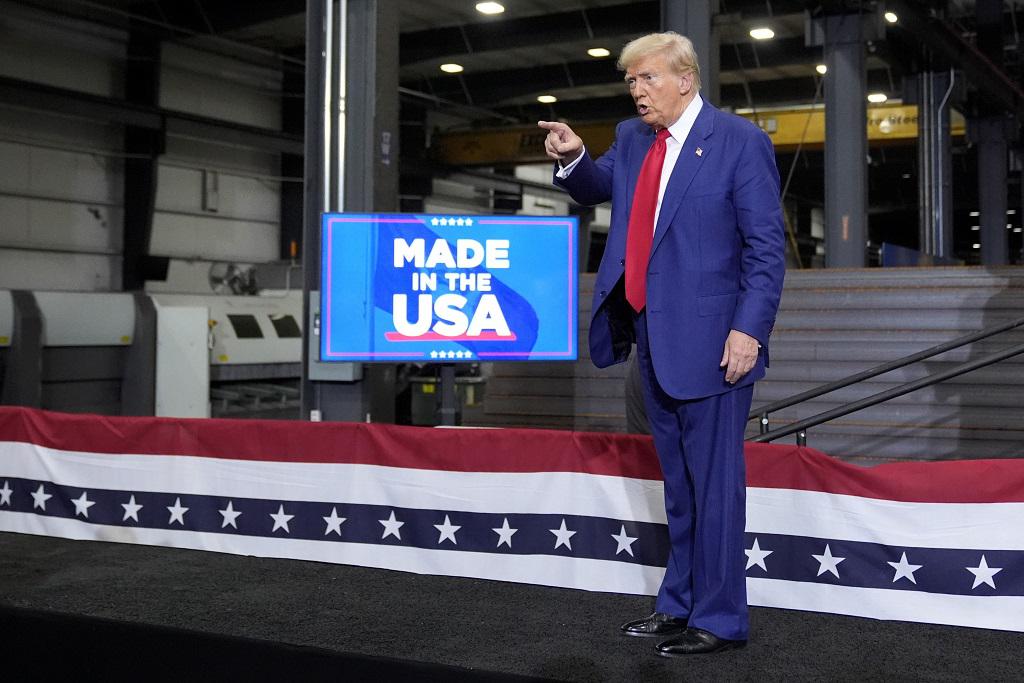
Wang Yuzhu, Research Fellow, Institute for World Economy Studies, SIIS
Apr 11, 2025
A broad vision is necessary if the United States wants to bring industry back home. The time has come for the it to reconcile its ambitions with on-the-ground realities. Washington should develop a sustainable strategy for managing relationships with other major powers, especially China.
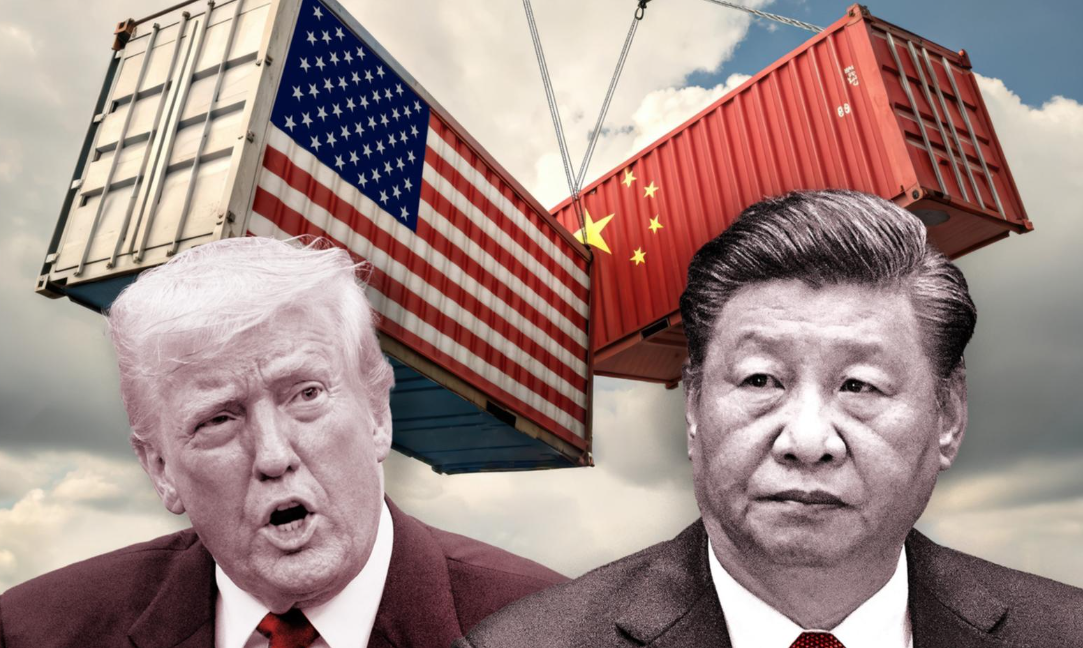
Shang-Jin Wei, Professor, Finance and Economics at Columbia University
Apr 10, 2025
U.S. President Trump has raised the tariff for Chinese imports to the U.S. to 125 per cent, while granting other countries a 90-day pause. (Photo: Artwork by Wi
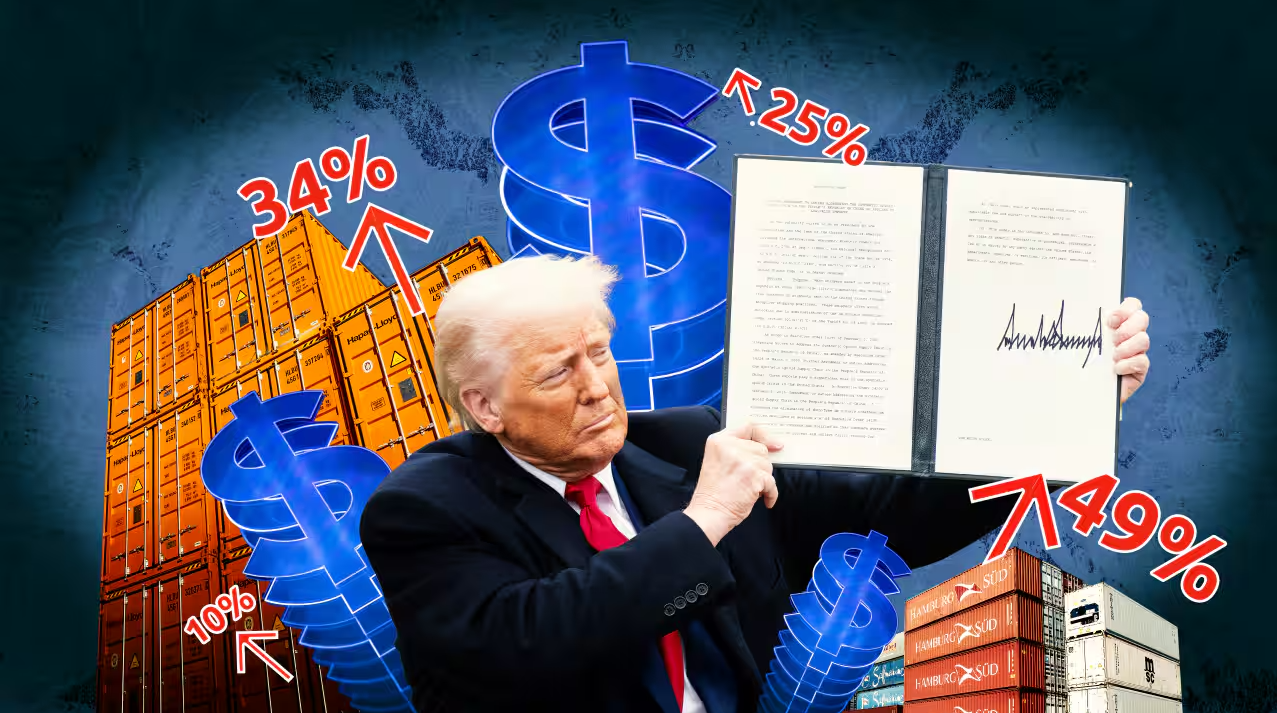
Yu Xiang, Senior Fellow, China Construction Bank Research Institute
Apr 09, 2025
Donald Trump might briefly bend the rules of economics, but their core endures. Tariffs could spark a U.S. manufacturing revival, but it will be fleeting. And the fallout — higher costs of living, strained global ties and a fractured world economy — seems all but certain.
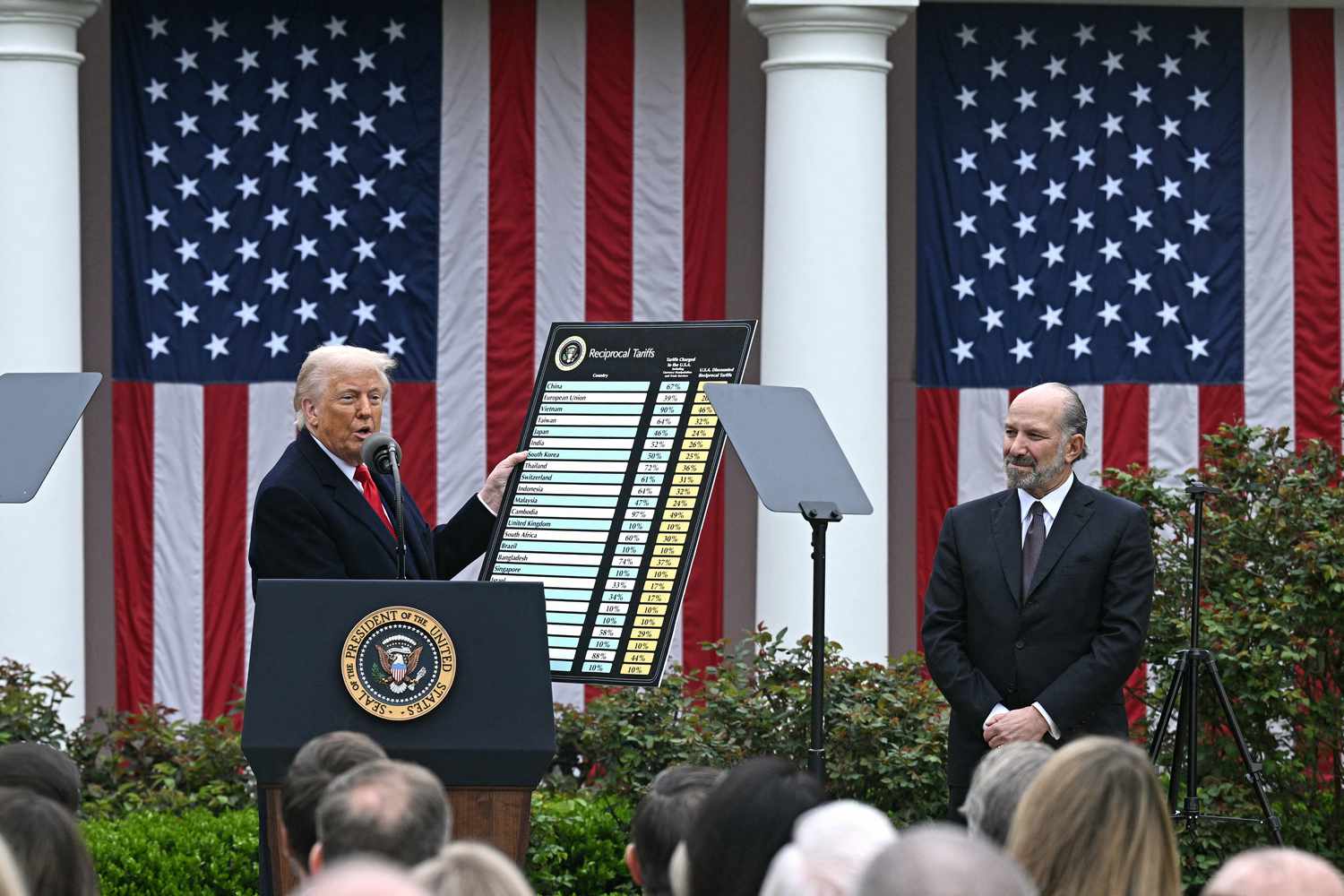
Dan Steinbock, Founder, Difference Group
Apr 05, 2025
After a decade of deglobalization and U.S. geopolitics, globalization is no longer at crossroads, but unraveling. The longer this plunge prevails, the greater will be its costs.
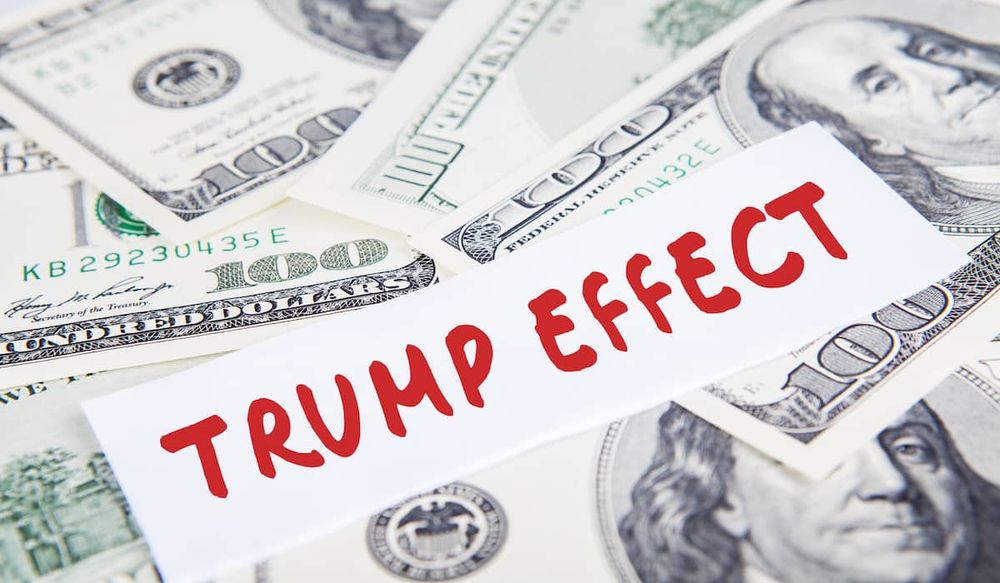
Stephen Roach, Senior Fellow, Yale University
Mar 31, 2025
The world’s major growth engines are about to run in reverse. The policies and uncertainties of US President Donald Trump’s second administration have hit a sluggish global economy with a transformational exogenous shock. Risks are especially worrisome in both the United States and China, which have collectively accounted for a little more than 40% of cumulative global GDP growth since 2010.
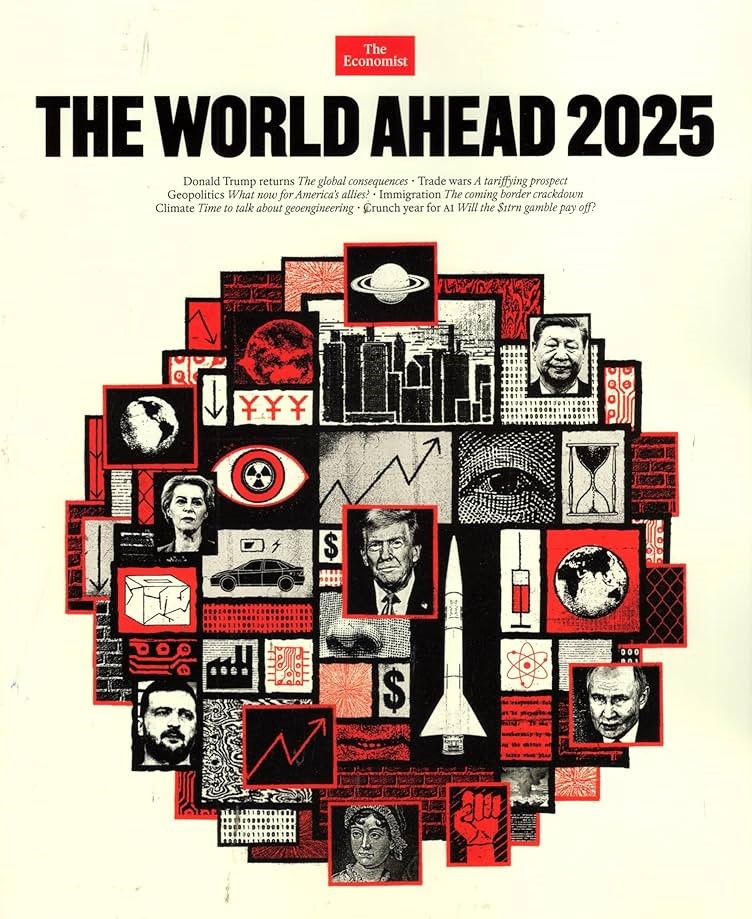
He Weiwen, Senior Fellow, Center for China and Globalization, CCG
Mar 31, 2025
Global GDP is likely to shrink again in Q2. Inflation will rise, and real pain will start to set in. Key industries will be disrupted, dragging down production and consumption. The United States may miss its growth target for 2025, and as a new cross-Atlantic trade war looms, growth may slow in the eurozone as well.

Zhou Xiaoming, Former Deputy Permanent Representative of China’s Mission to the UN Office in Geneva
Mar 31, 2025
A great many negative consequences would follow a successful effort by the United States to pull the MFN rug out from under the world’s second-largest economy. If this key pillar of global trade is taken away, the collapse of the WTO itself could follow.

Zhang Monan, Deputy Director of Institute of American and European Studies, CCIEE
Mar 20, 2025
The introduction of reciprocal tariffs represents a pivotal shift in U.S. trade policy. The move from multilateral trade engagements to bilateral or regional agreements is a strategic effort to redefine international trade and ultimately give the United States an advantage.
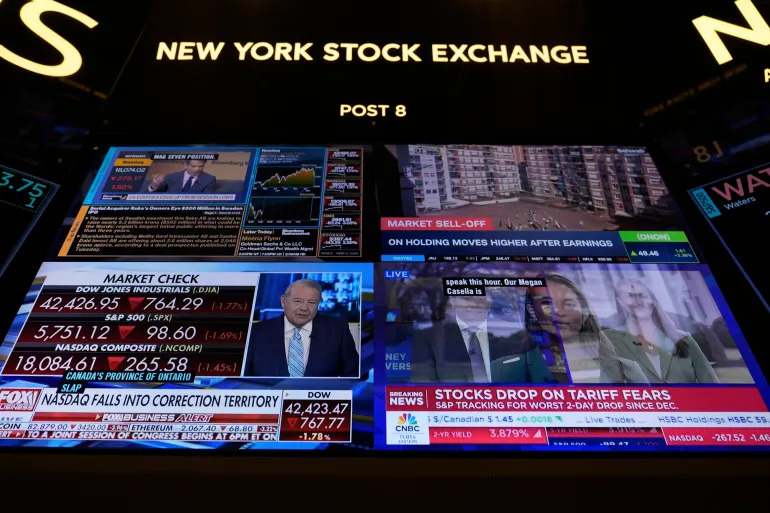
Yu Xiang, Senior Fellow, China Construction Bank Research Institute
Mar 20, 2025
The recent wave of volatility reflects policy missteps, market overheating and a shifting global landscape. Short-term risks remain, and vigilance is required for both economic indicators and policy. We’re living through a time in which there is no substitute for calm and prudent analysis.
Back to Top

- China-US Focus builds trust and understanding between the U.S. and China through open dialogue among thought leaders.
- Our Offerings
- Topics
- Videos
- Podcasts
- Columnists
- Research Reports
- Focus Digest
- Stay Connected
-
Thanks for signing up!
- Get the latest stories from China-US Focus weekly.